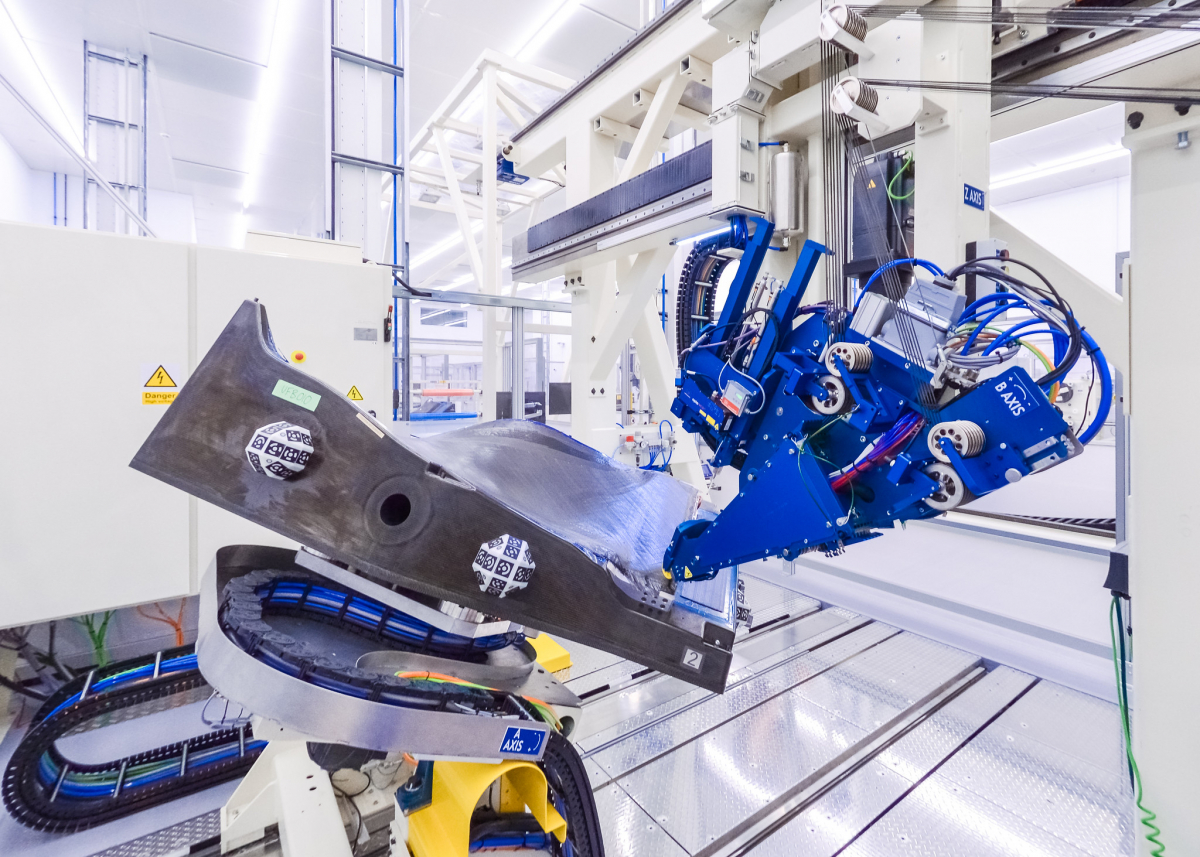In a few weeks Rolls-Royce will test a Trent engine with a sustainable aircraft fuel produced by the American company World Energy from inedible oil and fat residues.
Sustainable fuel: Rolls-Royce opens a new stage
Since 2013 and after years of tests involving engine manufacturers, airlines and aircraft manufacturers, any airliner can use sustainable aircraft fuel (SAF) in a 50% blend with fossil fuel. It complies with the physical characteristics of fuels currently on the market for aircraft (Jet A and Jet A-1). The engine manufacturer Rolls-Royce has decided to move up a gear by putting 100% SAF fuel to the test. Rolls-Royce's objective is to open a new stage that should lead to certification for validated and authorised use on airliners.
Moving to 100% SAF fuel
In a few weeks’ time, tests on a Trent engine will therefore begin on the Derby test bench. The SAF used is produced by the American company World Energy from residues of inedible oils and fats. It is supplied by Shell Aviation and delivered by the Dutch company SkyNRG, which has joined forces with KLM to launch the construction of an SAF production plant in the province of Groningen in the Netherlands. The site aimed to supply 100,000 tonnes of SAF from 2022, while KLM committed to purchasing 75,000 tonnes per year. The current crisis may have upset the initial schedule and that of the similar project in which the IAG group was involved.
UltraFan in the firing line
These tests carried out by Rolls-Royce are also an opportunity to test the behaviour of its ALECSys demonstrator, acronym for Advanced Low Emissions Combustion System, whose characteristic is to improve the pre-mixing of air and paraffin before combustion and thus perfect the combustion process, with the result of lower NOx and fine particle emissions. The development of this system, whose tests began in 2018, to be integrated into the Advance3 and UltraFan programmes, was partly financed by the SAGE (Sustainable And Green Engine) programme as part of Clean Sky.

